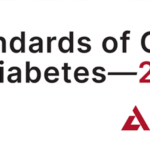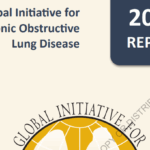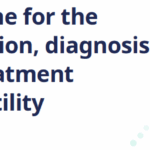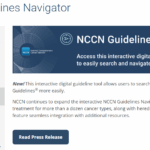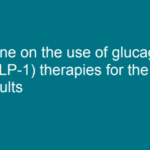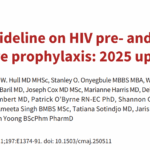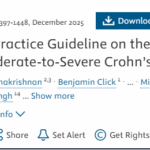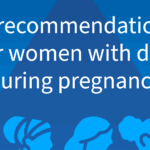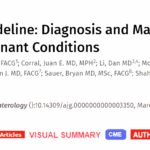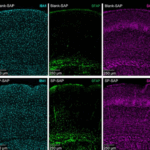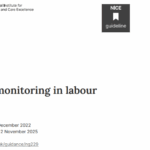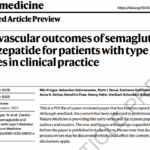Alti livelli di glucosio collegati a malattie coronariche
Notizie dalla RicercaL’eccessivo assorbimento del glucosio da parte delle cellule del sistema immunitario chiamate macrofagi, che risiedono in placche...
Diagnosi e terapia del disturbo bipolare
PsichiatriaSono state aggiornate dal British Association for Psychopharmacology le linee guida sulla diagnosi e terapia del disturbo bipolare. Come si...
Creati vaccini su misura per ogni virus
Notizie dalla RicercaGli ingegneri del MIT hanno sviluppato un nuovo tipo di vaccino facilmente personalizzabile che può essere prodotto in una settimana,...
Identificazione e gestione della depressione negli adulti
PsichiatriaSono state pubblicate da NICE (National Institute for Health and Care Excellence), in aggiornamento, le linee guida sull’identificazione...
Il veleno di una vespa uccide le cellule tumorali
Notizie dalla RicercaIl veleno di una particolare tipo di vespa del sud America (Brasile e Argentina) appartenente alla famiglia Polybia paulista che contiene...
La caffeina è efficace nella lotta contro la depressione e lo stress
Notizie dalla RicercaI ricercatori dell’Università di Coimbra hanno scoperto il meccanismo attraverso il quale la caffeina agendo nei neuroni...
Scoperto un microbo intestinale responsabile dell’obesità
Notizie dalla RicercaI ricercatori dell’Institute of Cardiometabolism and Nutrition (ICAN), e INSERM/University of Paris, hanno scoperto un microbo...
Scoperto il gene dell’obesità
Notizie dalla RicercaE’ stato scoperto da un team di ricercatori internazionali coordinati da Marcelo Nobrega dell’University of Chicago Medical Center, un...
Appropriatezza prescrittiva dei farmaci nei pazienti anziani: studio nazionale AIFA
Notizie dalla RicercaIl Geriatrics Working Group dell’AIFA ha pubblicato un importante studio sull’appropriatezza prescrittiva dei farmaci nella popolazione...



